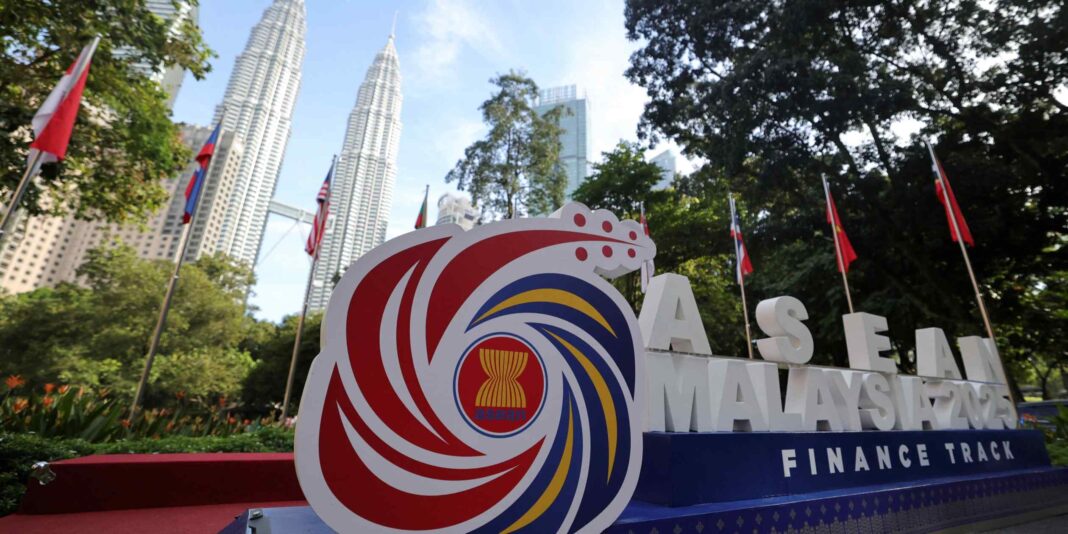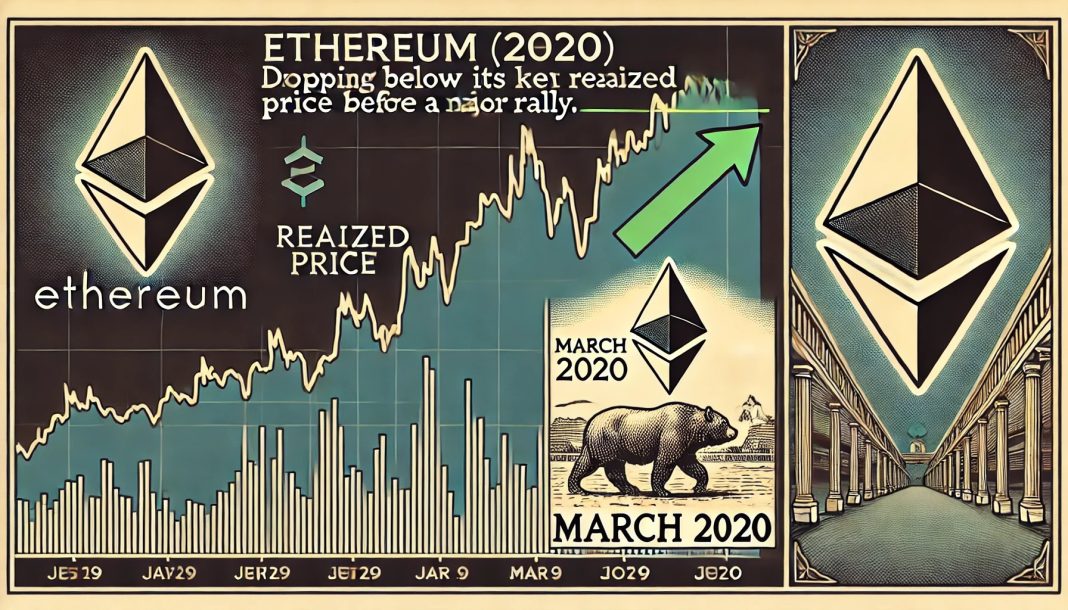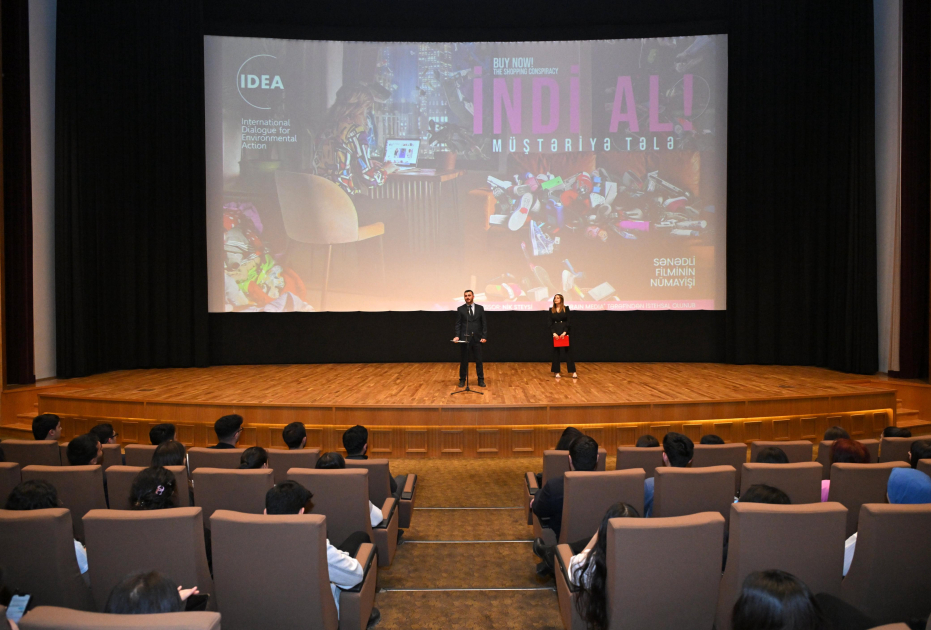KUALA LUMPUR/SEOUL/TOKYO/HANOI — Asian governments and business executives welcomed U.S. President Donald Trump’s decision to slash his “reciprocal” tariffs on most nations to 10% for 90 days but warned that even this level of duties, combined with the increased tariff on China will prolong uncertainty for firms and financial markets.
Malaysian Trade and Investment Minister Zafrul Aziz, who is hosting a virtual meeting of ASEAN economic ministers on Thursday morning to discuss the trade war, said: “Nothing is certain but uncertainty when it comes to Trump tariffs.” But he stressed Malaysia would continue to push for a “coordinated regional response to these challenges.”
ASEAN finance ministers and central bank governors are also concluding a two-day meeting in the Malaysian capital on Thursday.
“While we welcome the 90-day pause on the higher tariffs for most countries announced by President Donald Trump, the 10% baseline tariff, as well as the now 125% tariff on China will still impact the global economy and trade, including for Malaysia,” Zafrul told Nikkei Asia. “This volatility creates significant challenges for ASEAN economies.”
“We will continue to work with our ASEAN colleagues to foster a coordinated regional response to these challenges. ASEAN unity and regional economic integration will be more crucial than ever before, and we welcome the support of partners that share this vision and want to see us thrive.”
ASEAN nations were among those who had faced the highest tariffs under Trump’s policy. He had imposed a 49% tariff on Cambodia, 46% on Vietnam, 36% on Thailand, 32% on Indonesia and 24% on Malaysia. Singapore, arguably, is among the countries that lose out from Trump’s sudden policy shift because it was facing a tariff of only 10%.
Trump said he was lowering his reciprocal tariffs for 90 days for most countries to give them time to negotiate new trade deals with Washington.
Japan’s top tariff negotiator, Ryosei Akazawa, said that the 90-day pause “does not change our country’s stance” regarding the U.S. tariffs. Japan is still subject to a 10% tariff, and has seen a 25% tariff slapped on its most important industry, automobiles, as part of Trump’s earlier levies on individual goods, which also includes steel and aluminum.
Since those tariffs remain unchanged, “we will continue to seek a review of the measures,” he told reporters on Thursday, adding that he would go to the U.S. “as soon as possible” for negotiations.
Cheong In-kyo, a senior South Korean trade representative, said the reprieve was a “positive” development. But he told reporters after discussions in Washington with U.S. Trade Representative Jamieson Greer that the government is concerned over possible spillover effects caused by the 125% tariffs the U.S. is imposing on China. He warned that finished Chinese goods that are not shipped to the U.S. could flood markets that South Korea also exports to.
The Vietnamese government said on Thursday that it had agreed with the U.S. administration to launch negotiations for a trade agreement. The two countries will seek to eliminate as many nontariff barriers as possible, a government statement said after talks in Washington between Vietnam’s Deputy Prime Minister Ho Duc Phoc and Greer.
Last year, Vietnam, which is a major Asian manufacturing base, recorded a trade surplus of more than $123 billion with the U.S. The government statement said Vietnam will also facilitate U.S. investment in the country and step up its fight against trade fraud.
The Vietnamese statement reiterated Hanoi’s opposition to high U.S tariffs, saying the policy “is not consistent with the mutually beneficial economic and trade relations between the two countries and does not reflect the spirit of the Viet Nam-U.S. comprehensive strategic partnership.”
Thailand’s Prime Minister Paetongtarn Shinawatra told reporters Thursday morning that since many countries would queue up to negotiate with Washington, Thailand will have to prepare better and look at all dimensions, according to local news outlet Thai PBS
Nazir Razak, the chairman of ASEAN Business Advisory Council, also welcomed Trump’s move but warned that “huge uncertainties remain, making it very difficult for businesses.”
“The financial markets will remain on edge given the uncertainty and extreme volatility of recent days,” Nazir told Nikkei. “We urge the U.S. to provide as much clarity as possible about the parameters for the forthcoming tariff negotiations”
Ken Loo, the secretary-general of the Textile, Apparel, Footwear & Travel Goods Association in Cambodia, said: “Basically there are no rules right now – every day could be a change.”
“I’m sure it’s a relief to most [garment?] headquarters around the world, but there is still a 10% reciprocal tariff, there wasn’t that a week ago,” he told Nikkei. “So the relief is for today from yesterday, but tomorrow things could change, we don’t know, we certainly hope the government might make use of the 90 day period of negotiation.”
Chris Humphrey, executive director EU-ASEAN Business Council said Trump’s tariff policies “are wreaking havoc in both the markets and for businesses.” “The implementation of tariffs is bad enough, but the changing rates and timelines make it very difficult for businesses to plan effectively,” he told Nikkei. “This causes instability which is not good for the global economy, and not good for countries that are extensive trading economies like those in Southeast Asia.”
Humphrey added that “the current economic turmoil caused by the Trump administration will hopefully lead to an acceleration” of the bilateral trade agreement negotiations between the EU and Malaysia, Thailand, the Philippines and Indonesia.
John Paolo Rivera, senior research fellow at the Philippine Institute for Development Studies, a state-run think tank told Nikkei that Trump’s latest move should be seen as “a strategic signal.” “ASEAN may increasingly serve as a trade and production hub for firms navigating around rising US-China tensions,” he said. “There’s real risk of transshipment scrutiny, but also opportunity especially for countries like the Philippines.”
Kim Yong-jin, a professor of business at Sogang University in Seoul, said the South Korean government would have to “seek collaboration as a solution” with the U.S. but added that the 125% tariffs on China could present a silver lining for South Korean firms. “If Trump continues to impose these really high taxes on Chinese imports, then that could create an opportunity for Korean manufacturers to regain some price competitiveness in their exports to the U.S.,” he said.
Additional reporting by Danielle Keeton-Olsen in Phnom Penh, Ramon Royandoyan in Manila and Apornrath Phoonphongphiphat in Bangkok


